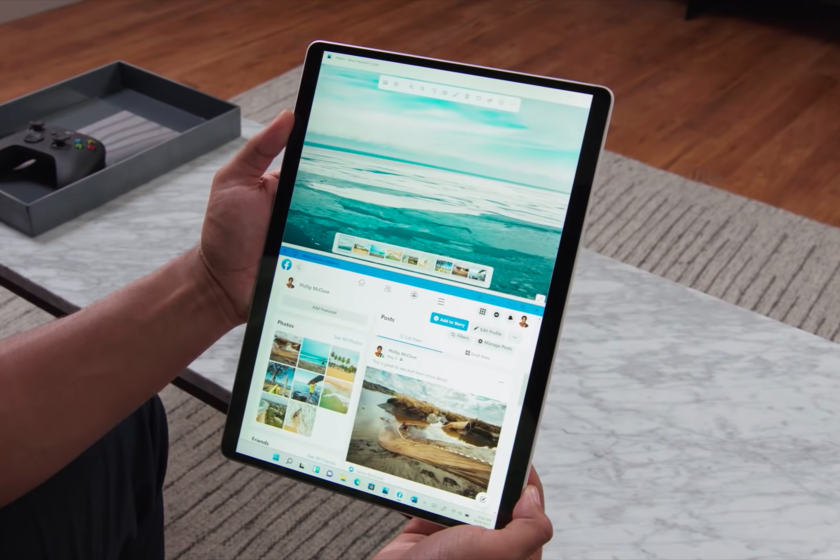One of the main disadvantages of Windows 11 ARM compatible computers like the Microsoft Surface Pro X is the limited amount of software available. Most programs are designed to work with: x64 architecture What we find on computers with Intel or AMD processors, but not on computers with ARM processors.
One possible solution to this scenario is to use emulators that allow x64 programs to run on ARM, unless we want to force developers to recompile all of their software at once. Windows 11 supports this type of emulation since last year, but now the OS Taking another interesting step with Arm64EC.
Is Arm64EC good news for Windows 11 ARM?
While using emulators or dynamic translators is a good option, let’s remember Apple’s Rosetta 2’s switch from Intel to Apple Silicon, which is also considered a workaround because in general, allow programs to run locally and, as a result, get the same performance as on the platform they were built on.
Now, from a developer’s perspective, porting your software to another platform can be a complex process that takes time and resources from your team. What Microsoft is proposing with Arm64EC is the tangible possibility of gradually making the transition work for x64 and ARM thanks to code interoperability.
This means that may be part of an application built for ARMAnother section for x64 that will benefit from native performance, and will work thanks to the Windows 11 emulator. This possibility is also very interesting for applications with non-ARM-compatible third-party dependencies or plugins.
For now, developers can already work with ARM64EC to adapt their applications to ARM (or some of them) with the Windows Insider SDK and Visual Studio Preview. Users can see the arrival of more native apps for Windows 11 ARM, a promising platform from our point of view, but when it comes to working or playing, it presents problems due to the limited software offering.
Now, despite Microsoft’s efforts, there are many other variables that need to be considered before developers have their apps in mind; market share and future projection of the platform.
Currently, the PC market is dominated by x86/x64 architectures with Intel and AMD processors. In the ARM space, Apple has 9% of the market with M1, M2 processors and variants, according to TechRadar. Qualcomm owns 3% of the world market with its Snapdragon, but this is reserved for products with ChromeOS and Windows. As we can see, ARM still needs to be taken off on Windows.
Pictures | microsoft
on Xataka | Microsoft presents a miniPC with ARM processor: this is Project Volterra













